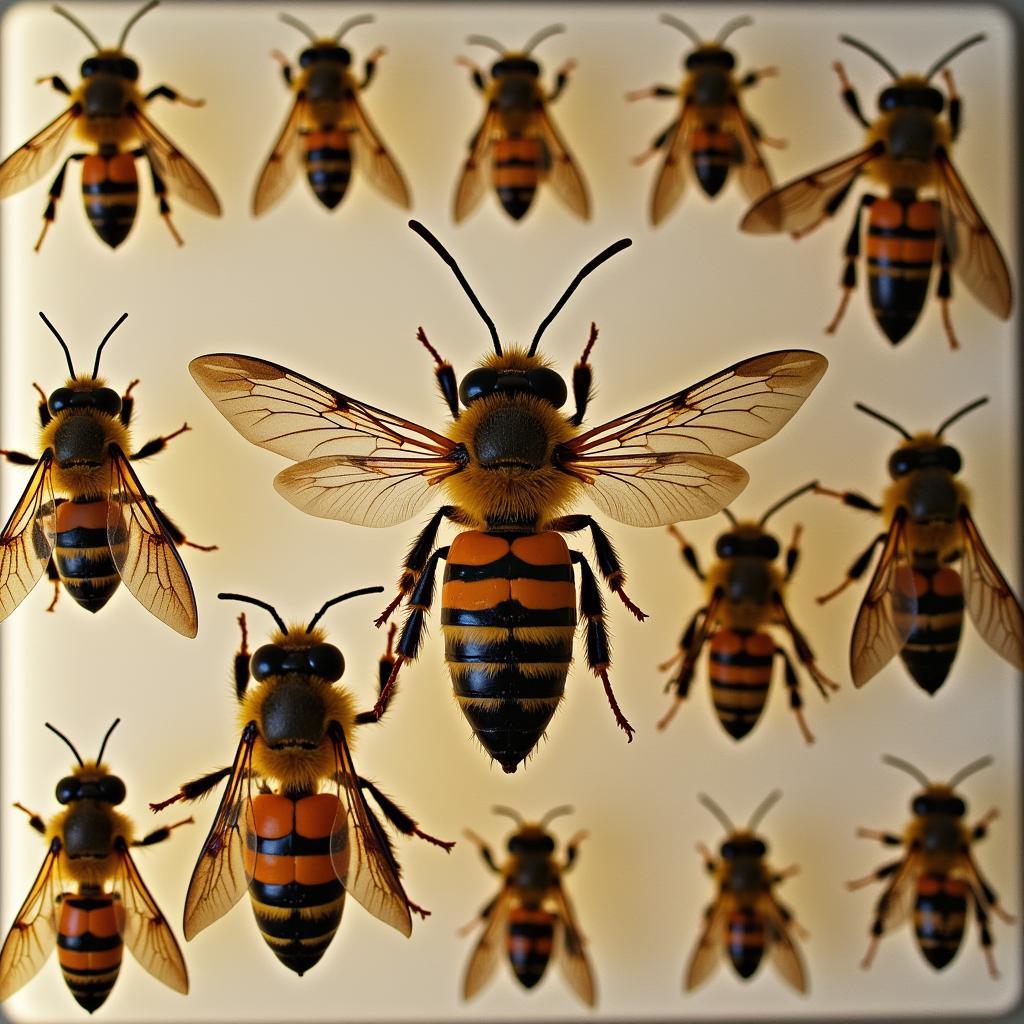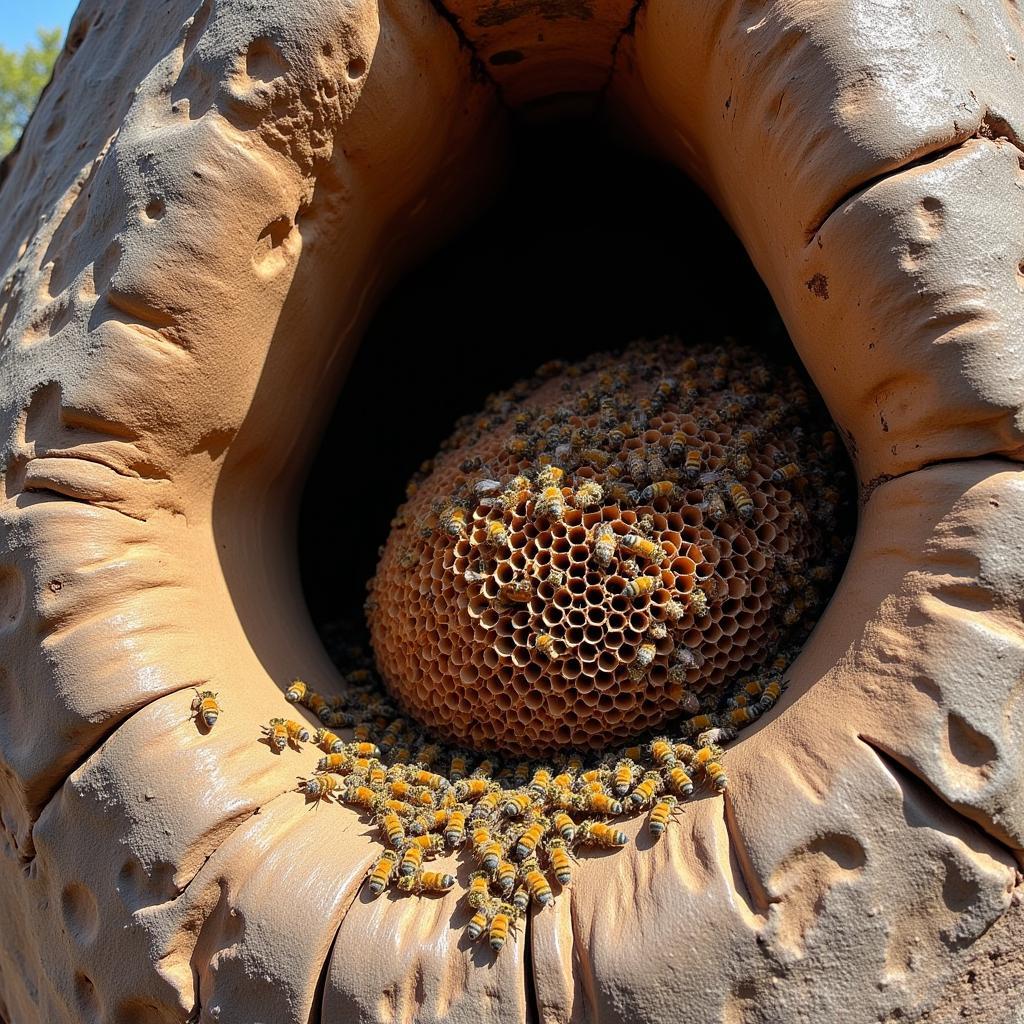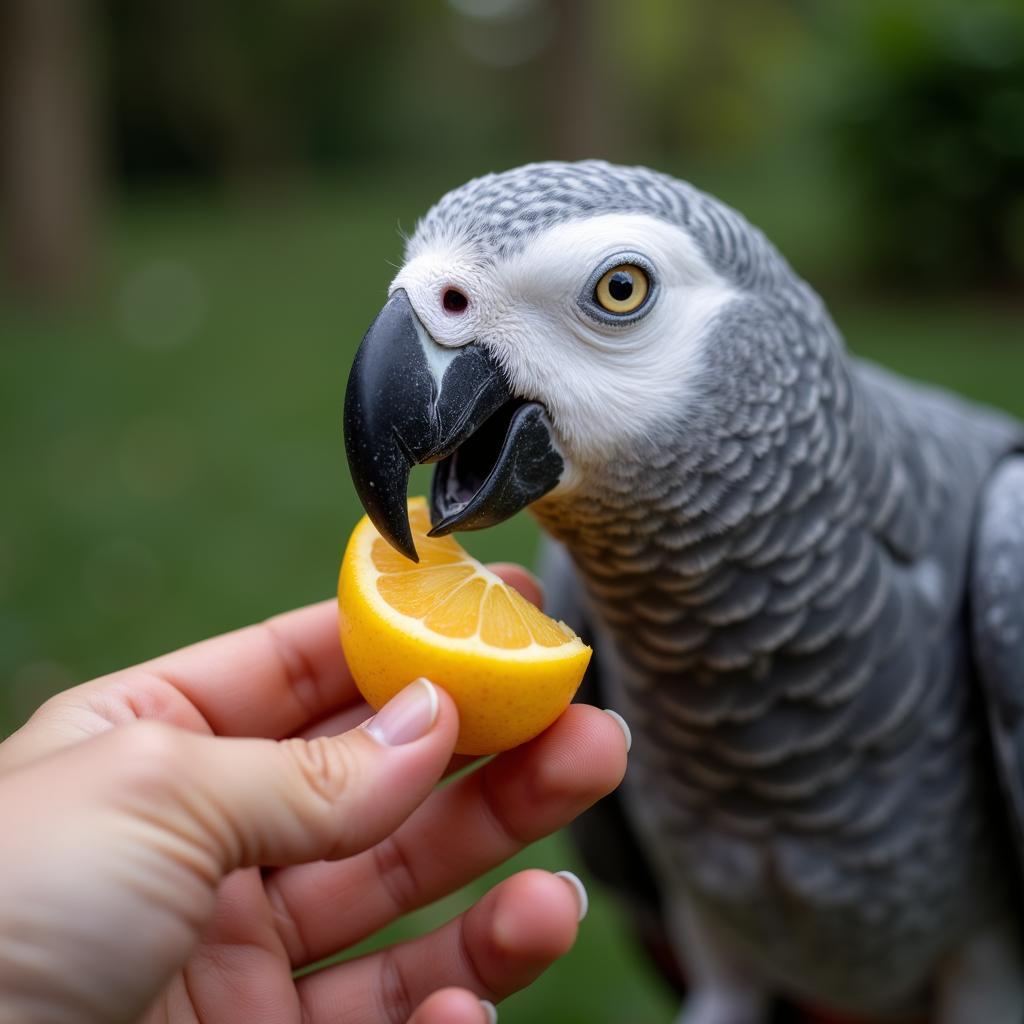The Fascinating World of the African Honey Bee Genus
The African Honey Bee Genus, Apis, encompasses a diverse group of honey-producing bees that play a crucial role in the continent’s ecosystems and human societies. From the savannahs to the rainforests, these industrious insects have adapted to a wide range of habitats, showcasing the remarkable biodiversity of Africa.
Unveiling the Diversity within the Apis Genus
While most people associate honey bees with the Western honey bee (Apis mellifera), Africa is home to several other species within the Apis genus. These include:
- Apis mellifera scutellata (African honey bee)
- Apis mellifera capensis (Cape honey bee)
- Apis mellifera monticola (Mountain honey bee)
- Apis mellifera adansonii (Africanized bee)
- Apis florea (Dwarf honey bee)
Each of these species possesses unique characteristics, behaviors, and adaptations that allow them to thrive in their respective environments.
 African Honey Bee Species Diversity
African Honey Bee Species Diversity
The African Honey Bee: A Resilient and Adaptable Species
Among the African honey bee genus, Apis mellifera scutellata stands out for its resilience and adaptability. Known for their aggressive defense mechanisms and high reproductive rates, these bees have successfully colonized diverse habitats across sub-Saharan Africa.
African honey bees are renowned for their exceptional honey-producing capabilities. They are highly efficient foragers, capable of traveling long distances in search of nectar and pollen. Their honey, often prized for its distinct flavor profiles, reflects the diverse floral sources available in their environment.
 African Honey Bee Hive in the Wild
African Honey Bee Hive in the Wild
The Importance of African Honey Bees in African Culture and Livelihoods
For centuries, African honey bees have held significant cultural and economic importance throughout Africa. Honey, beeswax, and other bee products have been traditionally used for various purposes, including:
- Food and Sweetener: Honey serves as a natural sweetener and a valuable source of energy in many African cultures.
- Traditional Medicine: Honey and propolis, a resinous substance collected by bees, are believed to possess medicinal properties and are used to treat various ailments.
- Religious Ceremonies: Honey and beeswax play integral roles in certain religious ceremonies and rituals.
- Income Generation: Beekeeping provides a source of income for many communities, particularly in rural areas.
Conservation Efforts and the Future of African Honey Bees
Despite their ecological and cultural significance, African honey bee populations face numerous threats, including:
- Habitat Loss: Deforestation and agricultural expansion continue to encroach upon bee habitats.
- Climate Change: Alterations in rainfall patterns and temperature fluctuations can impact bee foraging behavior and honey production.
- Pesticide Use: The widespread use of pesticides in agriculture poses a significant threat to bee populations.
Recognizing these challenges, conservation efforts are underway to protect African honey bees and their habitats. These initiatives focus on promoting sustainable beekeeping practices, raising awareness about the importance of pollinators, and advocating for policies that support bee conservation.
Conclusion
The African honey bee genus, Apis, represents a vital component of Africa’s rich biodiversity. These fascinating insects, with their remarkable adaptations and ecological significance, play an integral role in the continent’s ecosystems and human societies. By understanding the importance of African honey bees and supporting conservation efforts, we can help ensure the well-being of these incredible creatures for generations to come.



